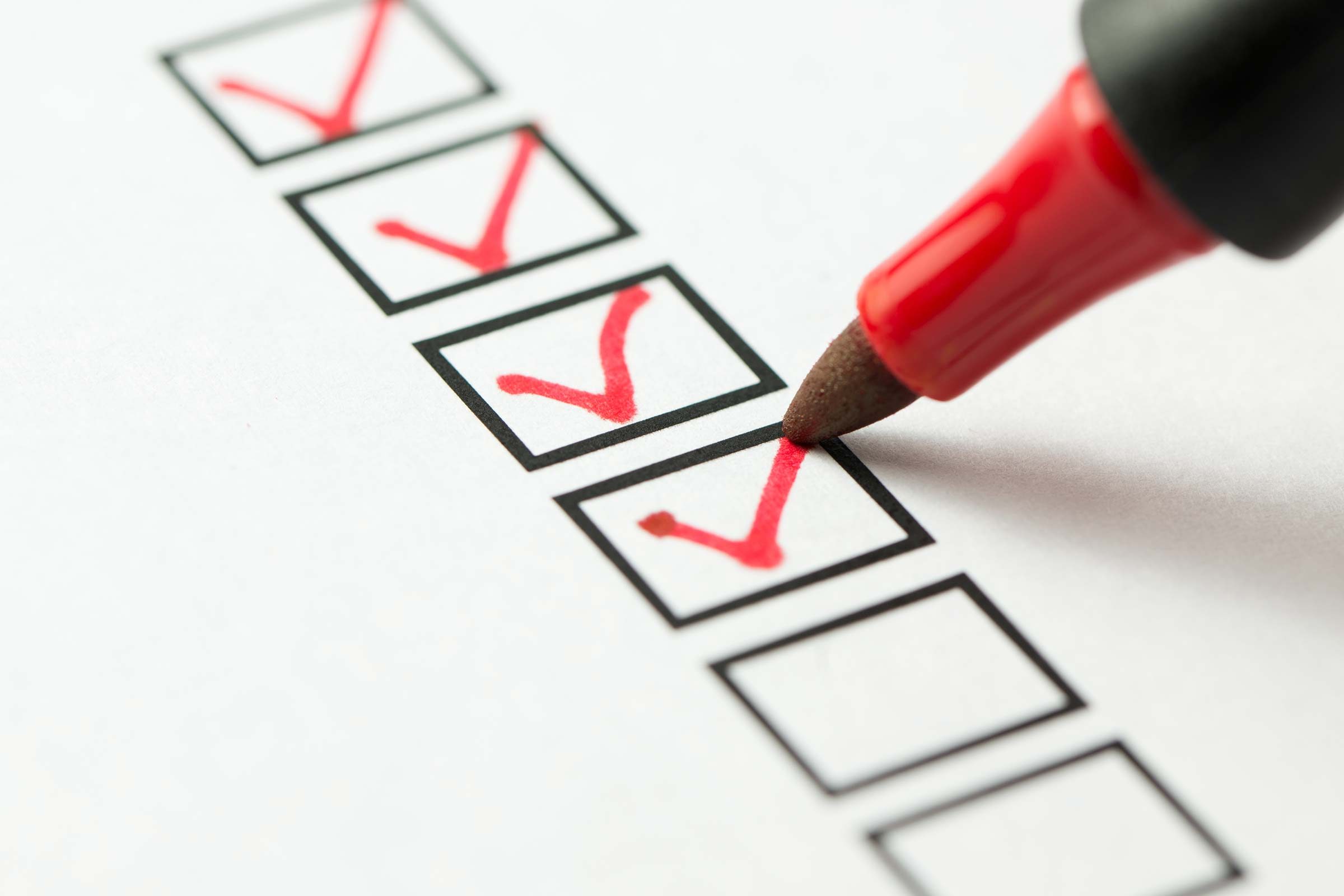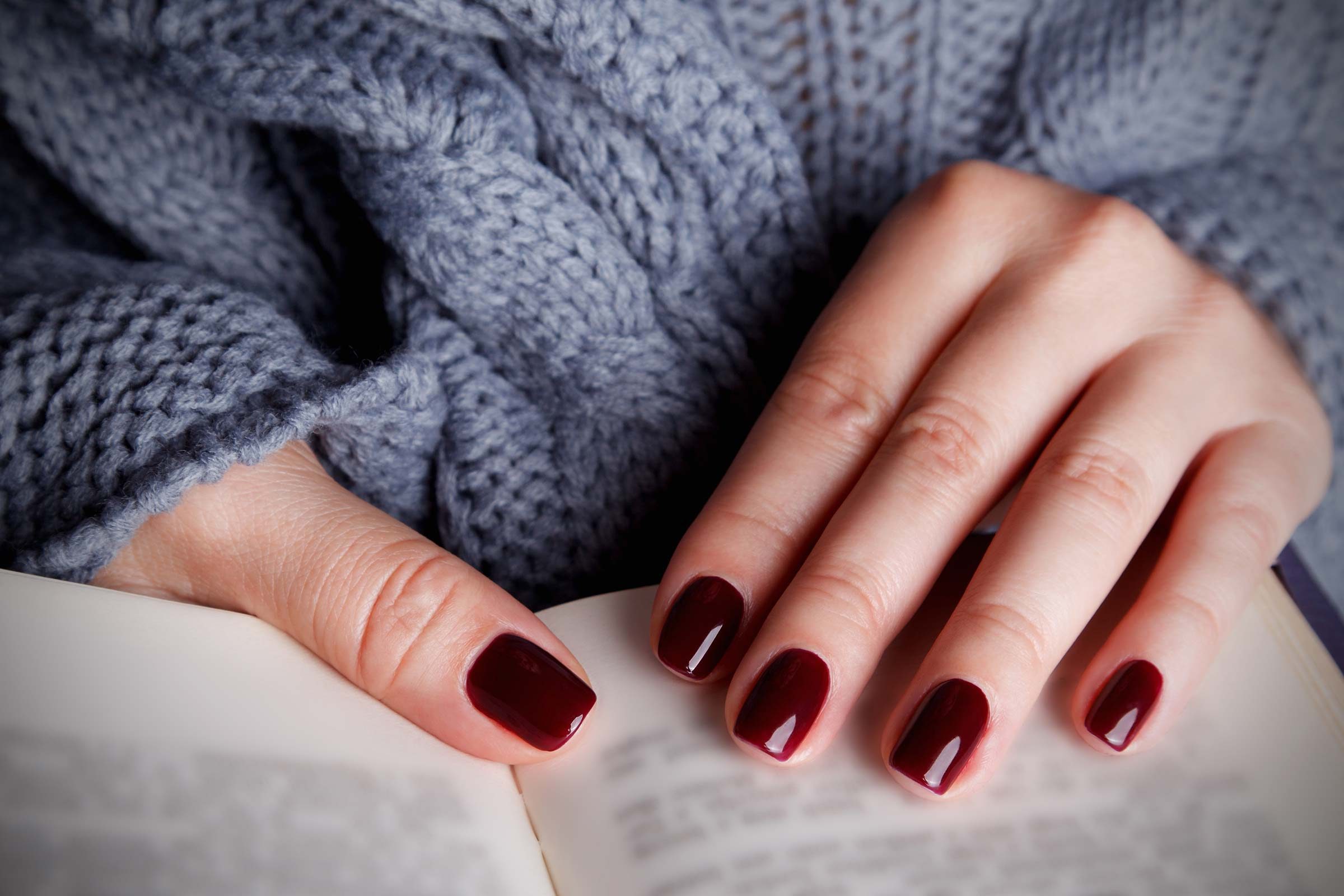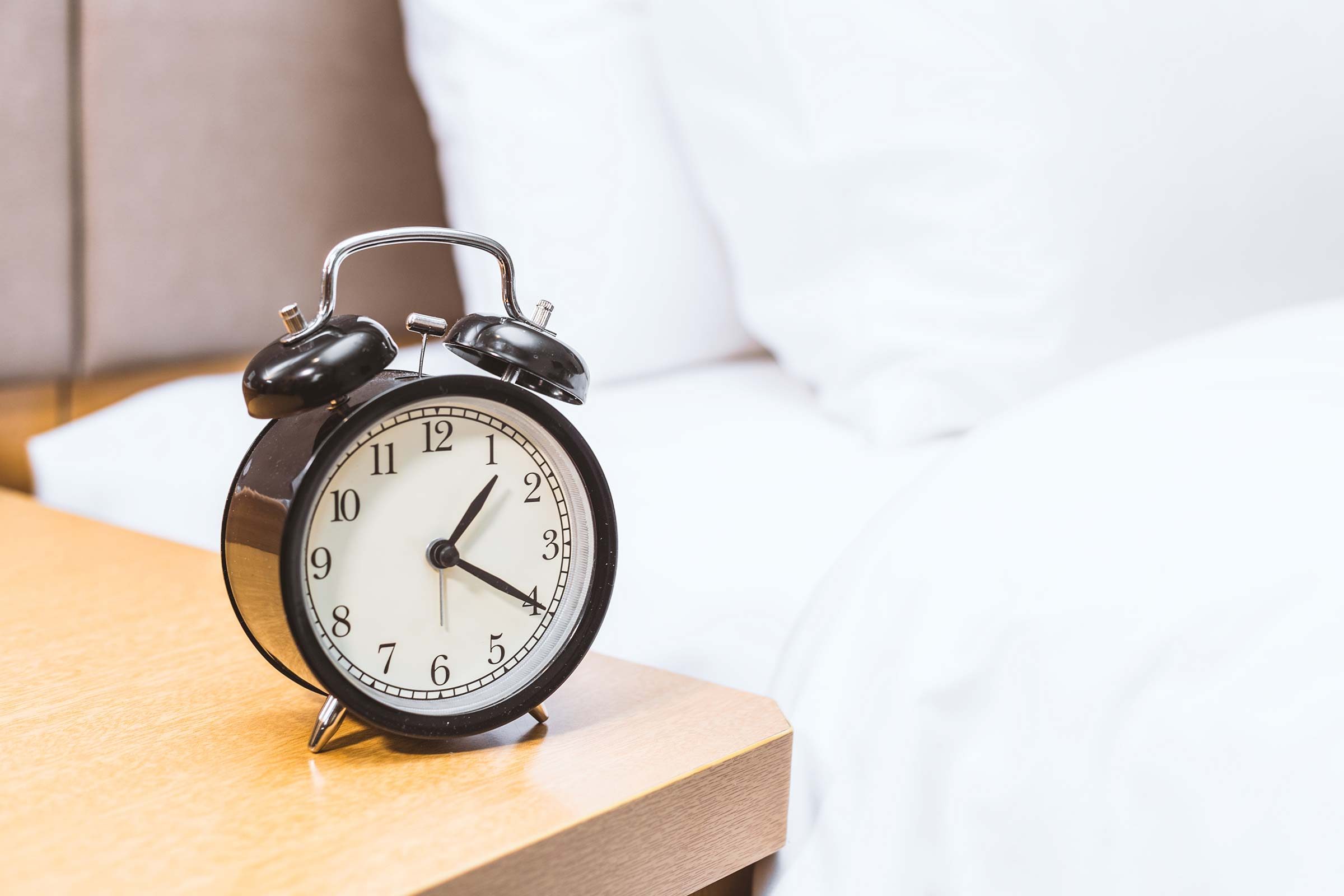
How to stop biting nails
The impulse to bite your nails often has very little to do with your fingertips at all. According to Psychology Today, the inclination is often more of a physical manifestation of anxiety, boredom, stress, or tension. While the action may help you feel better about those emotions, it is actually acting as a security blanket and not helping you deal with the real issues at all. In addition, nail-biting can cause halitosis (horribly bad breath), tooth decay, infection, and bacteria growth around your fingernails. Of course, learning how to stop biting nails isn’t easy. You may have tried various products or methods in the past to no avail, but these eight tips and tricks will help you, not just to put the bad habit on hold, but to stop the impulse completely.

Commit to specific goals
Here’s how to stop biting nails the right way. Effective goals are specific and easy to measure, like drinking an extra glass of water every day rather than drinking more water in general. Once you decide to break up with nail-biting, take a few minutes to make a concrete commitment, complete with definitive goals. Consider committing to an hour of no nail-biting and gradually work your way up to two hours, three hours, and whole days and weeks. If it helps, reward yourself with little treats, like a gourmet coffee.
Check out the shocking things your nails say about your health.

Splurge on a manicure
When you spend money and time at a salon, you have a higher incentive to keep your nails looking nice. Your manicurist may also have some tricks-of-the-trade advice to give you about quitting your bad habit! If you’d rather not splurge on your manicure, DIY one with your favorite colour, or put stickers on your nails. After all, if you can’t get to your nails you can’t bite them.

Recruit help
If you’re a habitual nail biter, chances are you don’t even remember when this habit formed. “The action of biting nails is often a childhood habit that many people carry into adulthood and [that] over time becomes extremely difficult to quit,” says David Bank, MD, a board-certified dermatologist and director of The Center for Dermatology, Cosmetic and Laser Surgery. If your nail-biting habit has become so second nature that you don’t even realize you’re nibbling, you may need a heads-up from family or friends. Dr. Bank advises sharing your goal with the people closest to you, asking them to bring any absent-minded munching to your attention.
Don’t miss the scientific explanations behind these annoying habits.

Set reminders or alarms
In the craziness of your day-to-day life, your commitment to giving up nail-biting might slip your mind. “Overall, the goal is to become aware of the habit and slowly eliminate it,” says Dr. Bank. One of his suggestions for how to stop biting nails is advising people to create little reminders that draw attention back to their initial goal.

Cut your nails short
As soon as you make the commitment to break your nail-biting habit, grab a nail clipper or nail file and start keeping your nails neatly trimmed. “Cutting nails is important because it helps avoid the action of biting nails and prevents infection,” Dr. Bank says. You may already have nail damage, red nail beds, and possible sores around the nail bed from years of gnawing, but if you stop now, you instantly slash your risk of a potentially dangerous infection.
Here’s how cutting your nails wrong could lead to infection.

Chew gum or mints
At the start of quitting your habit, you may need to replace nail-biting with a neutral habit. By chewing gum or eating mints throughout the day, which keeps your mouth occupied and less available for nibbling, you may be able to prevent the automatic instinct to bite your nails, according to Dr. Bank.
Check out these other surprising benefits of chewing gum.

Find new ways to manage anxiety
If you’re wondering how to stop biting nails, learn how to effectively deal with your anxiety. “Anxiety is almost always at the root of this habit,” Dr. Bank says. That’s why it’s critical to identify your stress triggers and try to avoid them for the time being. The next step is to redirect your nervous energy toward activities that can help ease your mind, such as deep breathing exercises, yoga, boxing, or taking long walks.
Next, find out the 14 diseases you can prevent just by washing your hands.